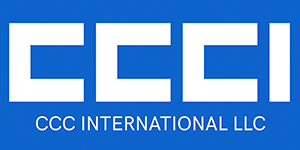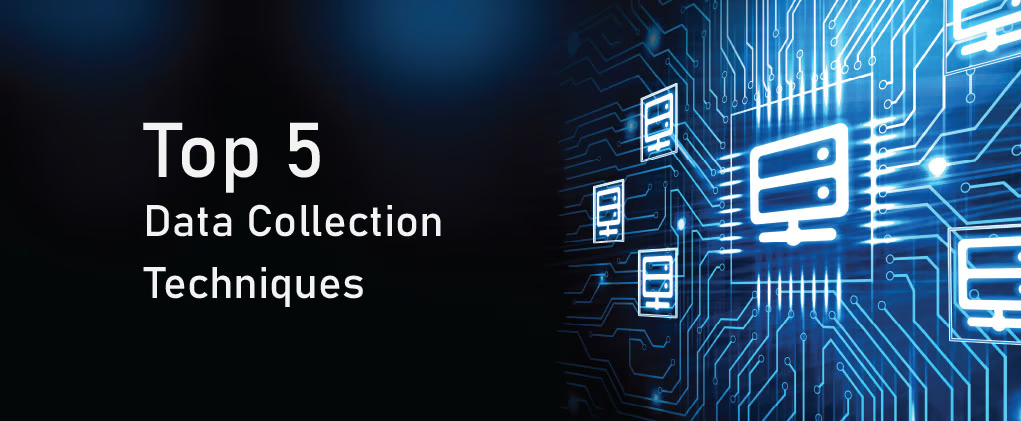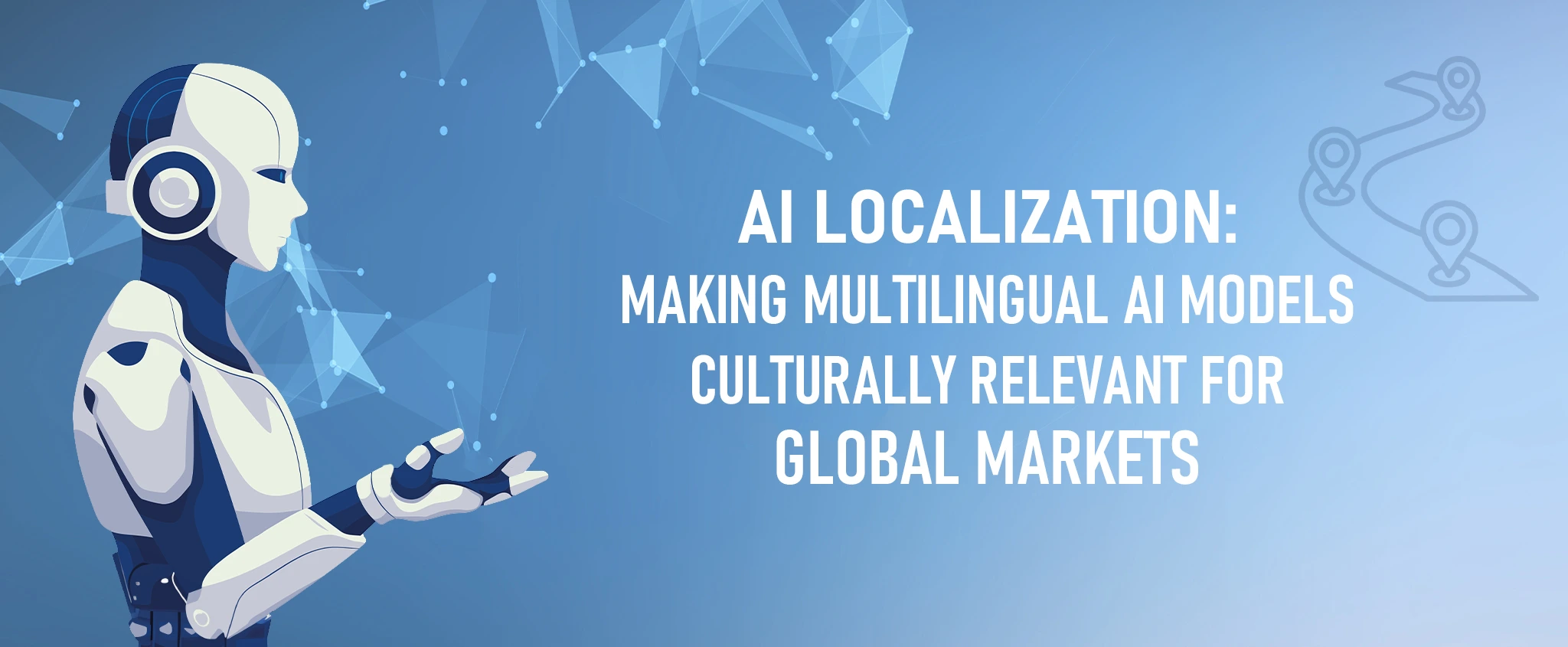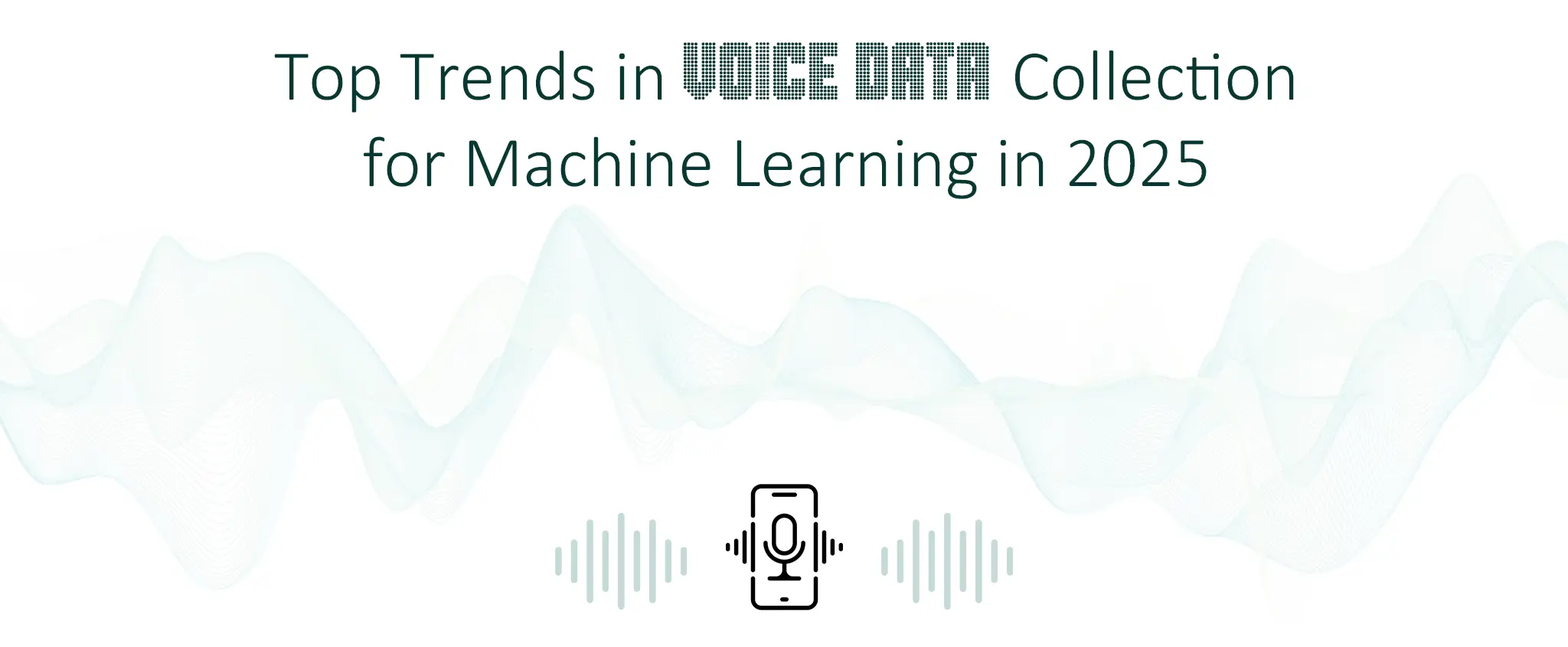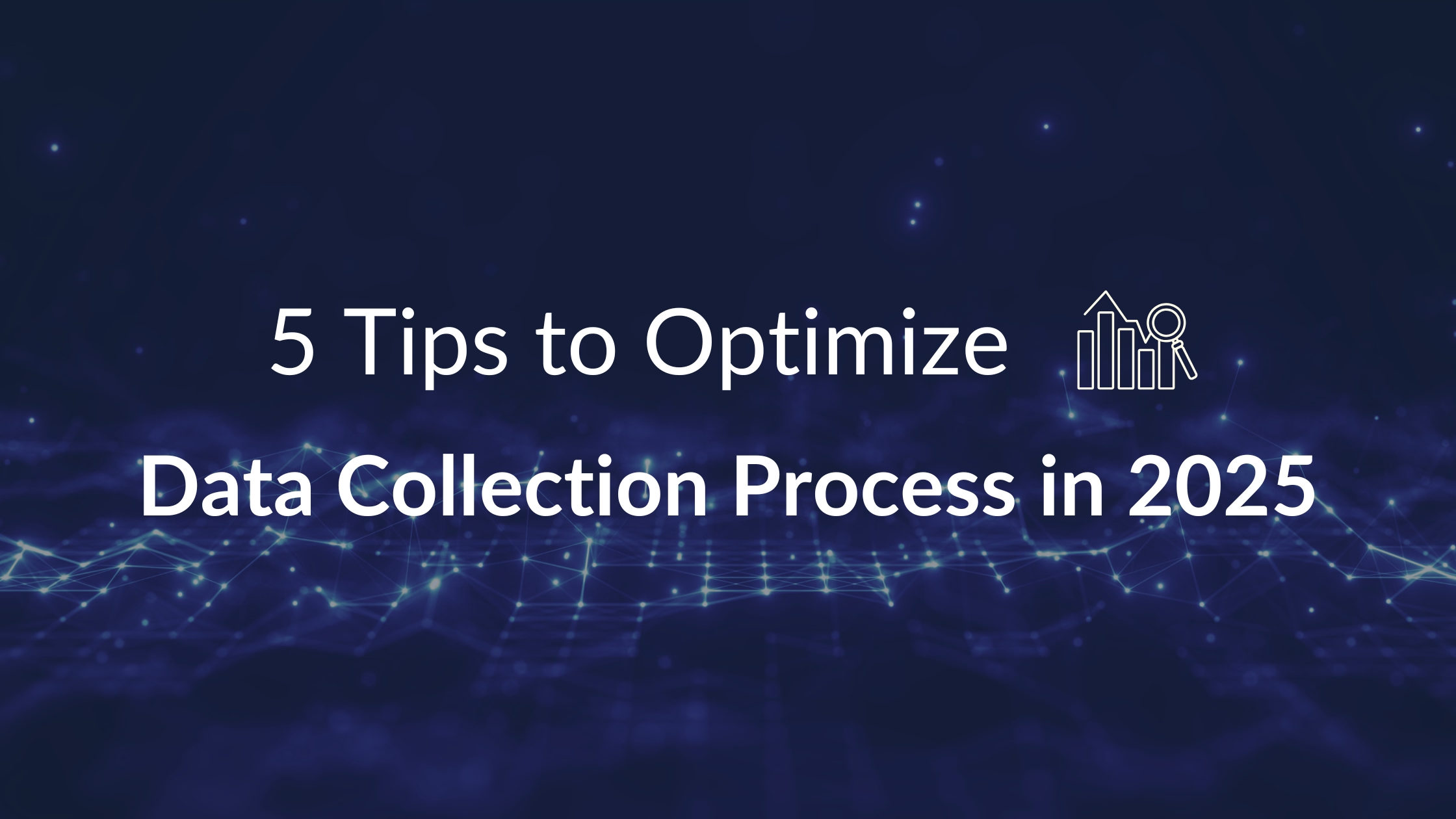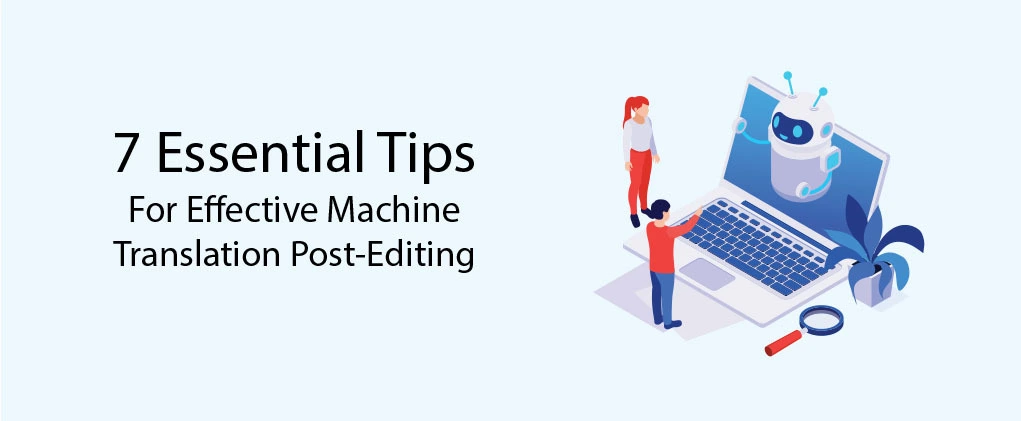Top 5 Data Collection Techniques to Improve Your Business Insights
Key Takeaways
- Data collection plays a significant role in business, from hospital settings to logistics to marketing, among others.
- Data collection techniques can reduce costs, increase efficiency, personalize customer experience, and improve business insights.
- Data collection techniques may include surveys, questionnaires, interviews, focus groups, observations, experiments, and digital activity tracking.
- After specifying your goals, you can choose a data collection company based on its quality and methodology, technological and integration capabilities, reliability, and cost.
- CCCI can help you gather accurate data for your business insights, whether for research, statistics, decision-making, or strategic planning.
Table of Contents
- Benefits of Data Collection
- Top 5 Data Collection Techniques
- Tips on Choosing the Right Data Collection Company
In 2024, data collection techniques were surely used in different industries. Perhaps the most well-known practice is data collection in research, specifically in the academe. However, one can utilize data collection beyond the university setting to improve business insights.
Data collection plays a significant role in business nowadays—from hospital settings where patient records are kept to logistics companies where shipment data can enhance their systems. Moreover, in marketing, data collection is also utilized to make big decisions about how to market products and services.
Data collection services like CCCI can help you gather accurate data for your business insights, whether for research, statistics, decision-making, or strategic planning. Learn more about data collection techniques, benefits, and tips on choosing the right data collection companies tailored to your preferences and necessities.
Benefits of Data Collection
Data collection is gathering adequate information for whatever purpose it may serve. The benefits of using data collection in business include archiving, saving costs, increasing efficiency, personalizing customer experiences, and forecasting business trends.
Expense Reduction
With the data collected and analyzed, businesses can detect inefficiencies early on and avoid wasting resources. Businesses can refine their operations by removing wasteful practices and optimizing their resources for areas that need improvement.
Increased Efficiency
Relevant and adequate data enhances communication and collaboration between departments and within teams. When these relevant data are easily accessible, team members can be more efficient in delivering their work and swiftly respond to challenges and demands.
Personalizing Customer Experiences
Using the data collected, businesses and organizations may be able to understand customer behaviors, needs, and preferences. Through collecting data from customer feedback and other interactions, businesses can create specific profiles for their demographic and identify the fields that pique their customers’ interests. With this data, customer engagement and overall satisfaction will increase.
In marketing, collected data can be used to tailor customized marketing campaigns to each customer, anticipating their needs and preferences. Personalizing customer experiences fosters loyalty and a strong relationship with the customer.
Improving Business Insights
Overall, reducing costs, increasing efficiency, and personalizing customer experiences would improve a company’s business insights in the long run. Collected data can help identify problems and gaps that can then be addressed, reducing costs and increasing efficiency.
Similarly, businesses can make better decisions and plan strategically with adequate and relevant data collected. Demographic and behavioral data can be used to improve customer experiences, with the right judgment call from businesses. Furthermore, the analyzed data can identify patterns and trends and thus be utilized to forecast shifts and changes in the market and economy.
Top 5 Data Collection Techniques
As the benefits of data collection have been identified, we head over to the top 5 data collection techniques that companies can utilize for their business strategies. These are surveys and questionnaires, focus groups and interviews, observations, experiments, and digital activity techniques.
Surveys and Questionnaires
Surveys and questionnaires are perhaps the most basic data collection technique. However, it is still an effective way of collecting quantitative data with the efficiency of the method, where it can be done quickly. May it be paper-based or through online forms, surveys and questionnaires can be easily completed and can gather many responses in a shorter time.
Surveys and questionnaires are suitable for gathering information on satisfaction, preferences, or public opinion. A business may utilize this technique to collect data on customer preference and satisfaction over a specific period, which helps make informed decisions on improvement and maintenance.
Interviews and Focus Groups
Interviews and focus groups are collection techniques used in gathering qualitative data. While interviews are one-on-one conversations between the respondent and the interviewer, focus groups consist of a small group and the interviewer.
Interviews and focus groups are suitable for gathering in-depth information, focusing on the insights and opinions of individuals and groups. Businesses can use this technique if they want to deeply understand customer perspectives on a certain topic. Comprehensive answers may also help in exploring and solving complex issues, which can lead to new ideas and appropriate solutions.
In this technique, voice data may be collected using a recorder and with the participants’ informed consent. This can help the interviewer ensure the accuracy of answers and focus on the interview without taking notes. However, one must warrant data privacy when using this technique.
[Pro-tip: Be careful in using voice data collection, as it may also be exploited by scammers to phish information from unsuspecting customers. Data privacy and security must be ensured, and interviewees should be thoroughly informed and consent to use the collected data during interviews.]
Observations
Observing is also a data collection technique in which information is gathered through systematic watching. It collects qualitative data, noting behaviors, events, and interactions without little to no intervention. Businesses may utilize observation as a data collection method to gain real-time insights into customer or employee behavior, suited for analyzing performance and building engagement.
Experiments
Experimentation is another type of data collection technique in which variables are manipulated to observe possible outcomes, which are often hypothesized. This kind of data collection is widely utilized in different industries, such as psychology, medicine, marketing, and other science-related fields.
While experiments are commonly utilized for data collection in research and academia, businesses may also use the experimental method to understand the causal relationships between strategies and other needed outcomes. For example, in marketing, businesses can test different versions of advertisements using A/B testing to determine which one performs better.
Digital Activity Tracking
Digital activity tracking are data collection method that can be collected by reviewing the user’s transactions and behavior online to customize user experience, and it can be through the following examples:
- Transactional Tracking. Data are collected from users’ transactions, such as purchases on e-commerce sites and platforms. Purchasing patterns and sales processes are observed to enhance customers’ customized experiences.
- Social Media Tracking. Data are collected from users’ social media histories and footprints to create algorithms and promote unique experiences relevant to the user.
- Online Tracking. This data collection method generally monitors the websites and platforms a user visits online, often using cookies. Businesses may utilize this method to monitor and improve the effectiveness of their marketing strategies.
Tips on Choosing the Right Data Collection Company
Before choosing the right data collection company for your business, it is essential to note your specific goals — like the type of data you need to collect, the purpose of the data, and how it might improve your business insights. Afterward, you will consider several factors. To make it easier for you, here are some tips you can follow to choose the right data collection company!
- Quality and Methodology: Assess the quality of a company through its results. You may read reviews on the company, which will also help you discover their expertise and experience. By checking their websites, like this one, you may also learn their approach to collecting data.
- Technological and Integration Capabilities: Evaluate their technology. This is closely connected with checking their methodology. It is also important to ensure they can easily integrate data from various sources.
- Reliability. Choose a company that prioritizes secure data collection. A data collection company must be trustworthy and reliable. Always remember that data collection must also emphasize data security.
- Cost. You may also consider the cost, especially when on a tight budget. Data collection should help you save on expenses rather than burden you. However, choosing a reputable data collection company can lead to a strong return on investment if the cost ensures significant benefits.
CCCI: Offering Quality Data Collection Services
That summarizes the top five data collection techniques to improve your business insights! At CCCI, we offer quality data collection services with multilingual collection and transcription expertise. From audio data collection, speech-to-text transcription, and multimedia data annotation, we got you! Get in touch with us.
